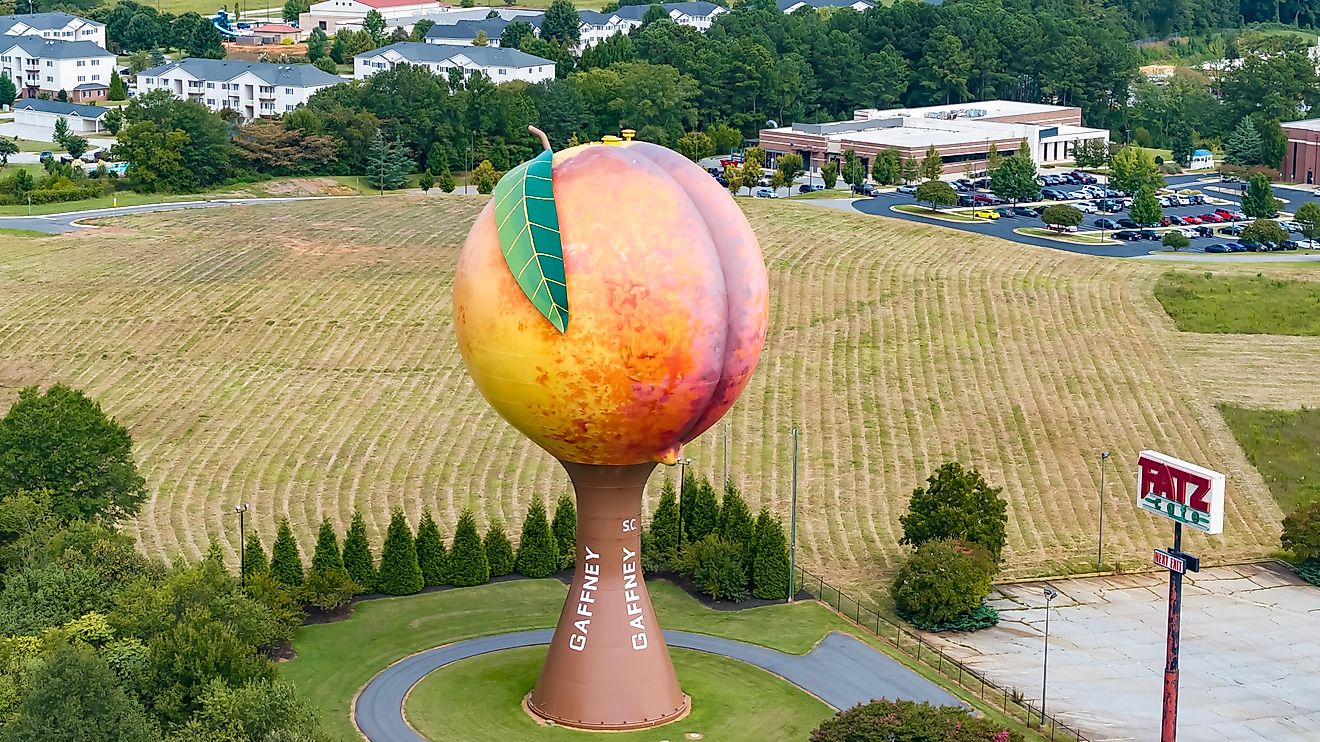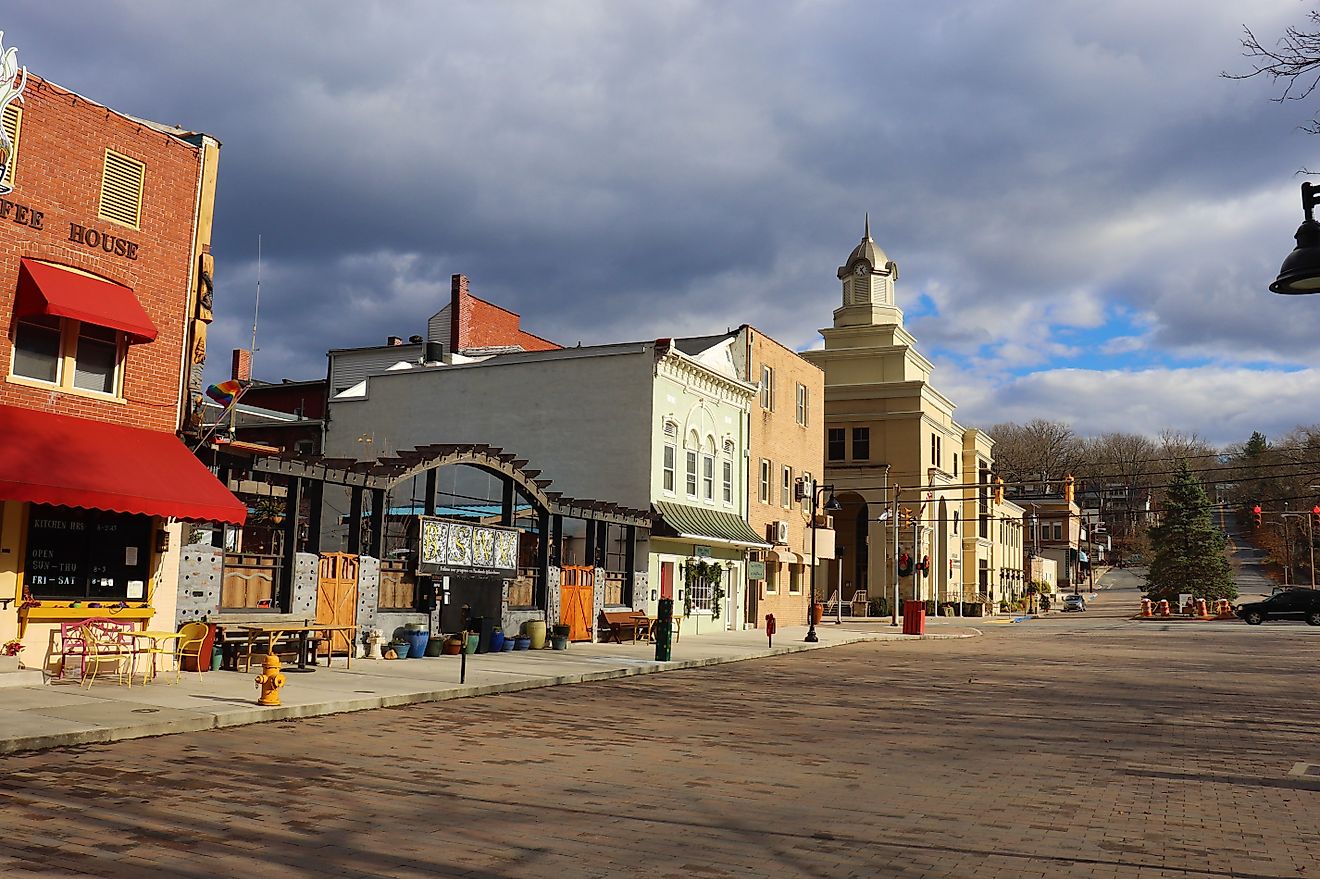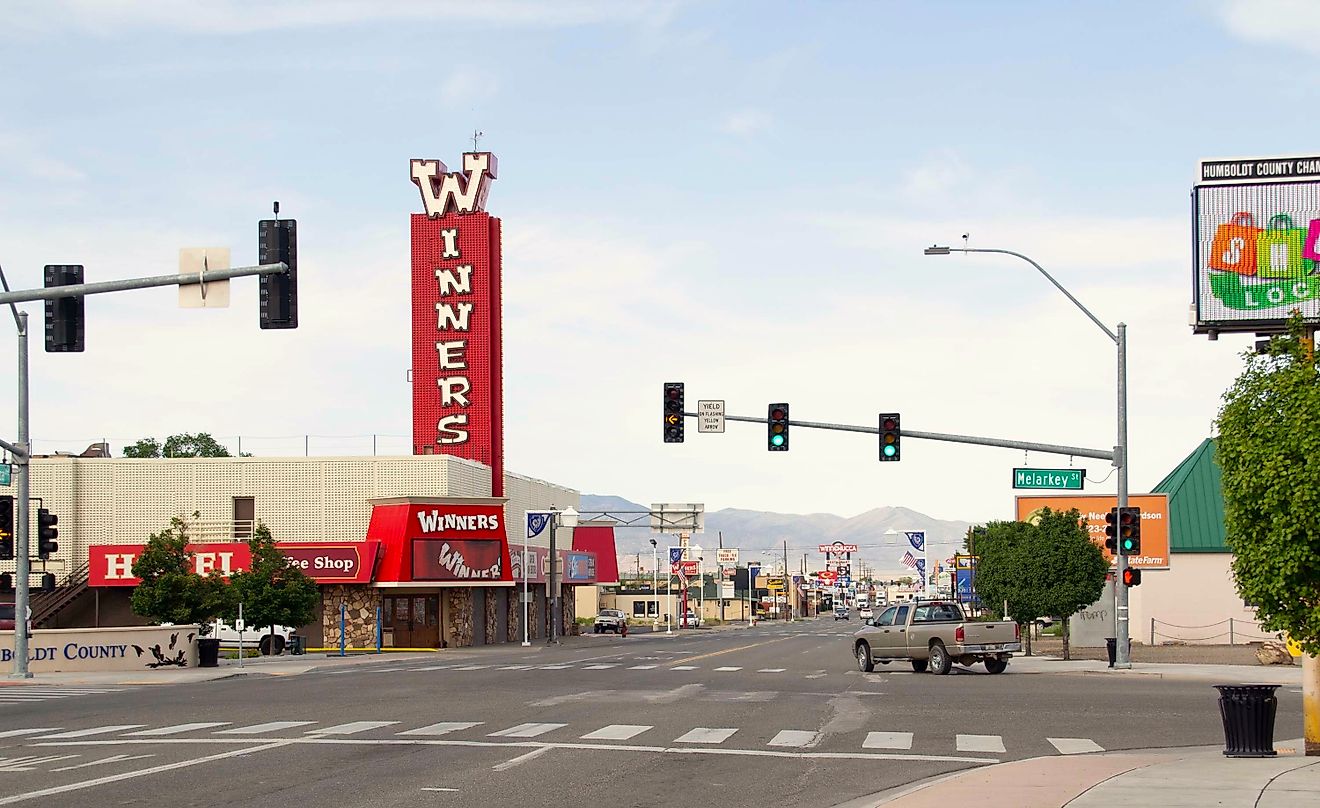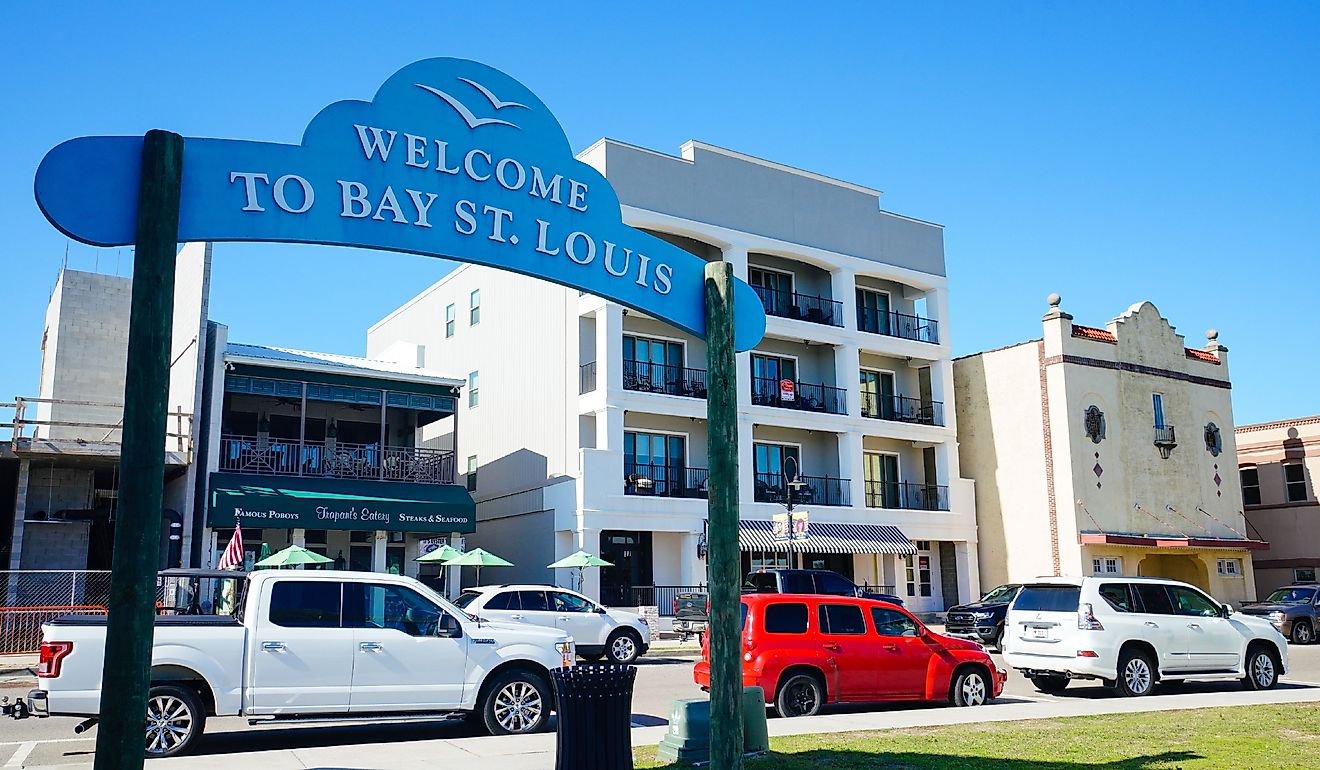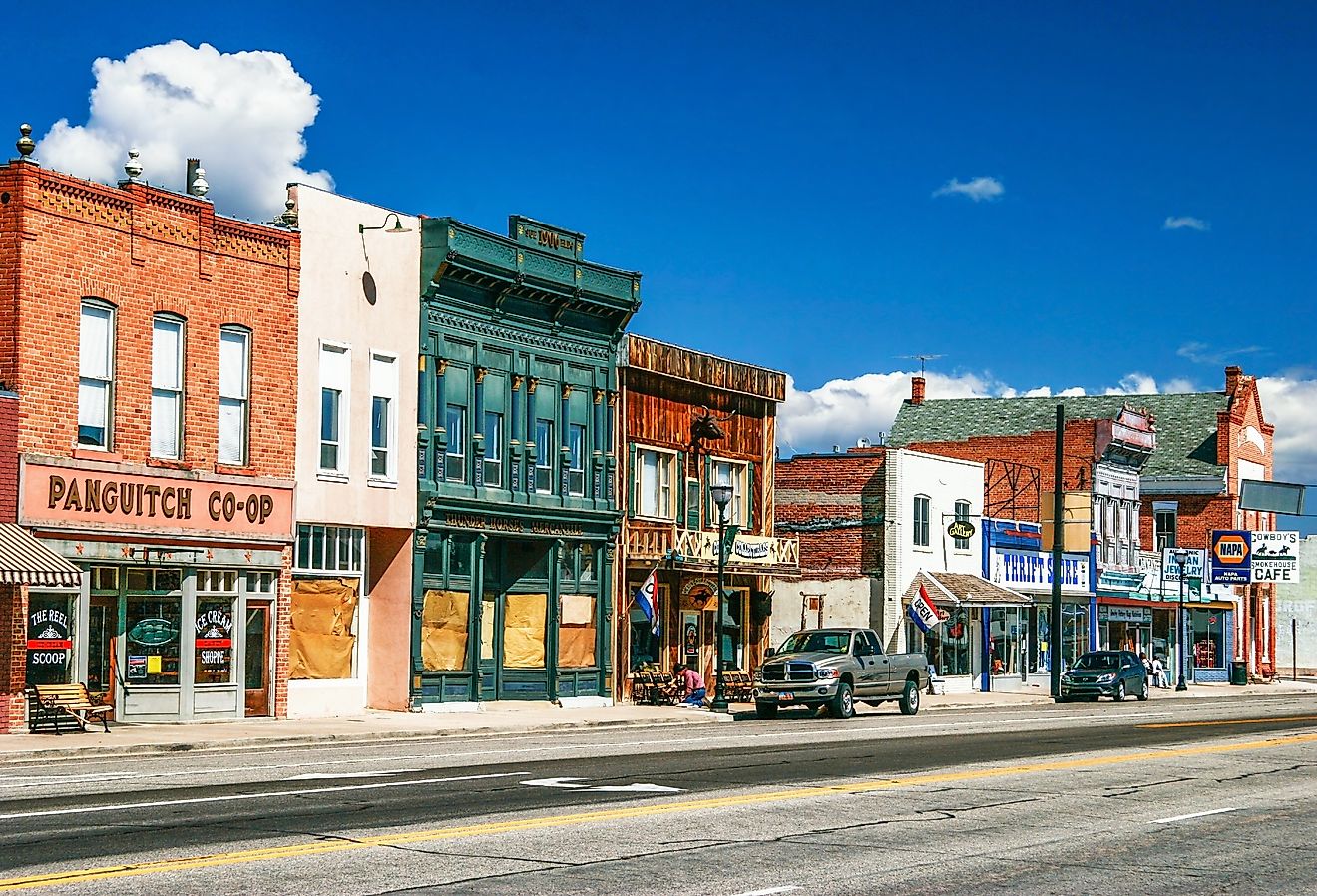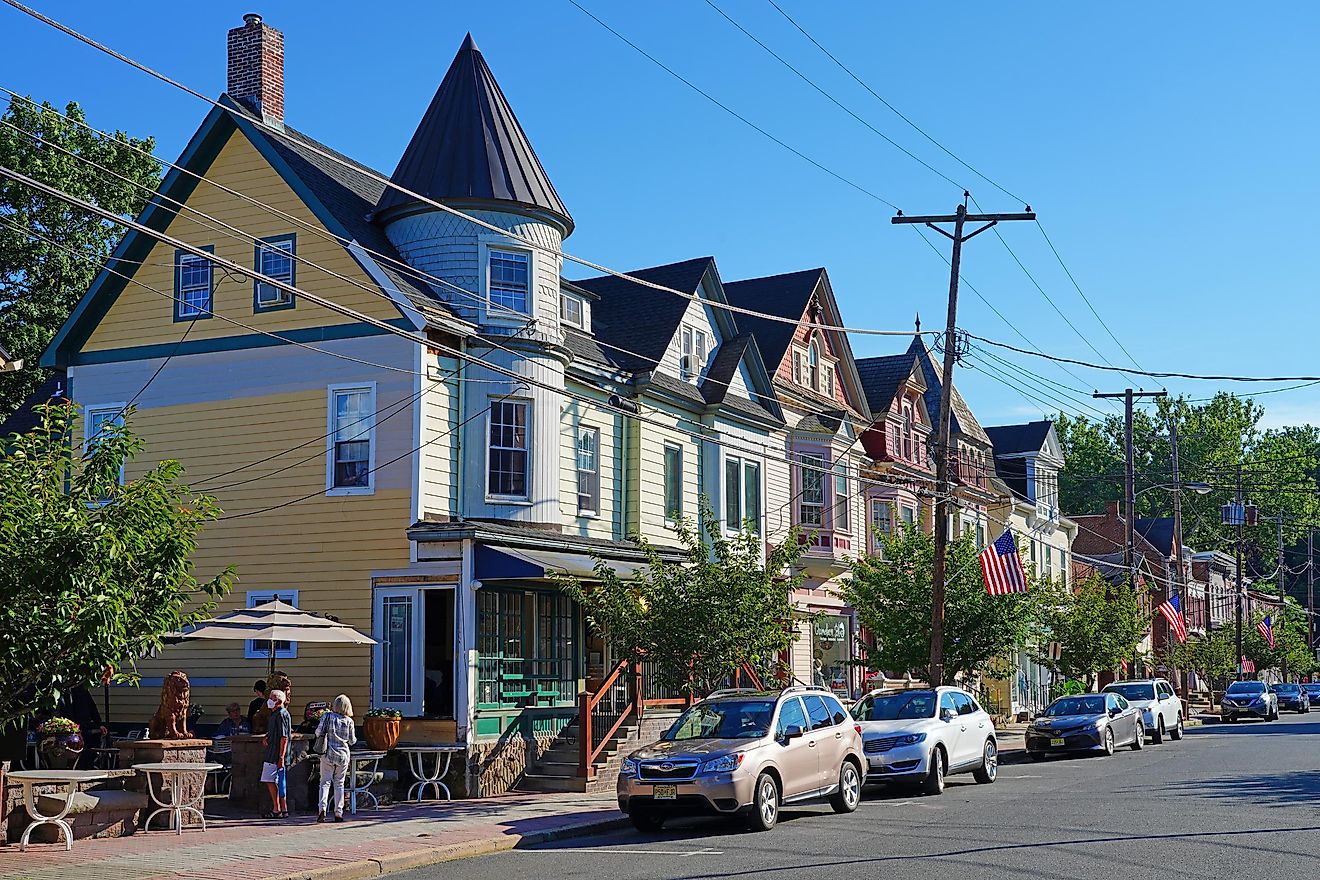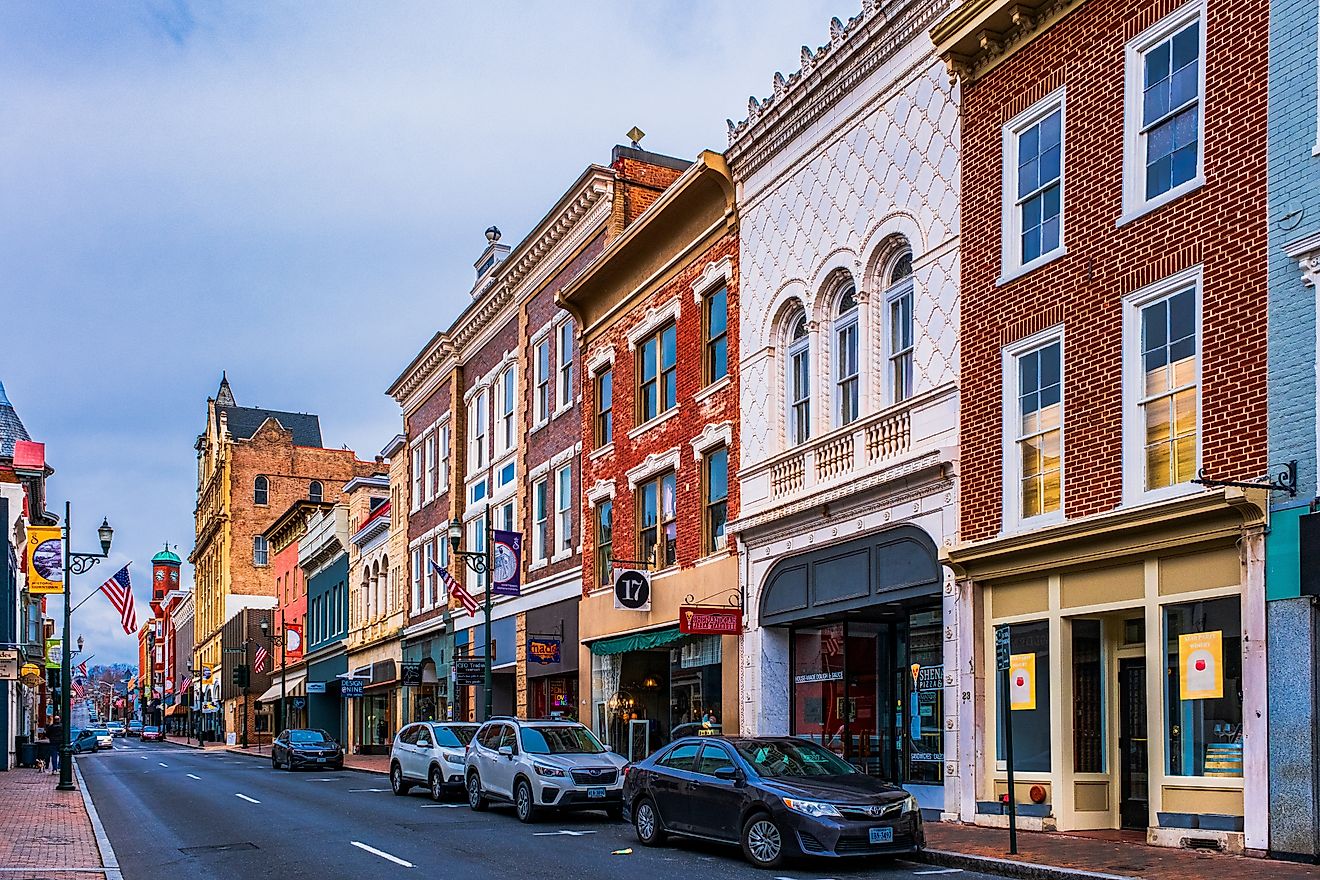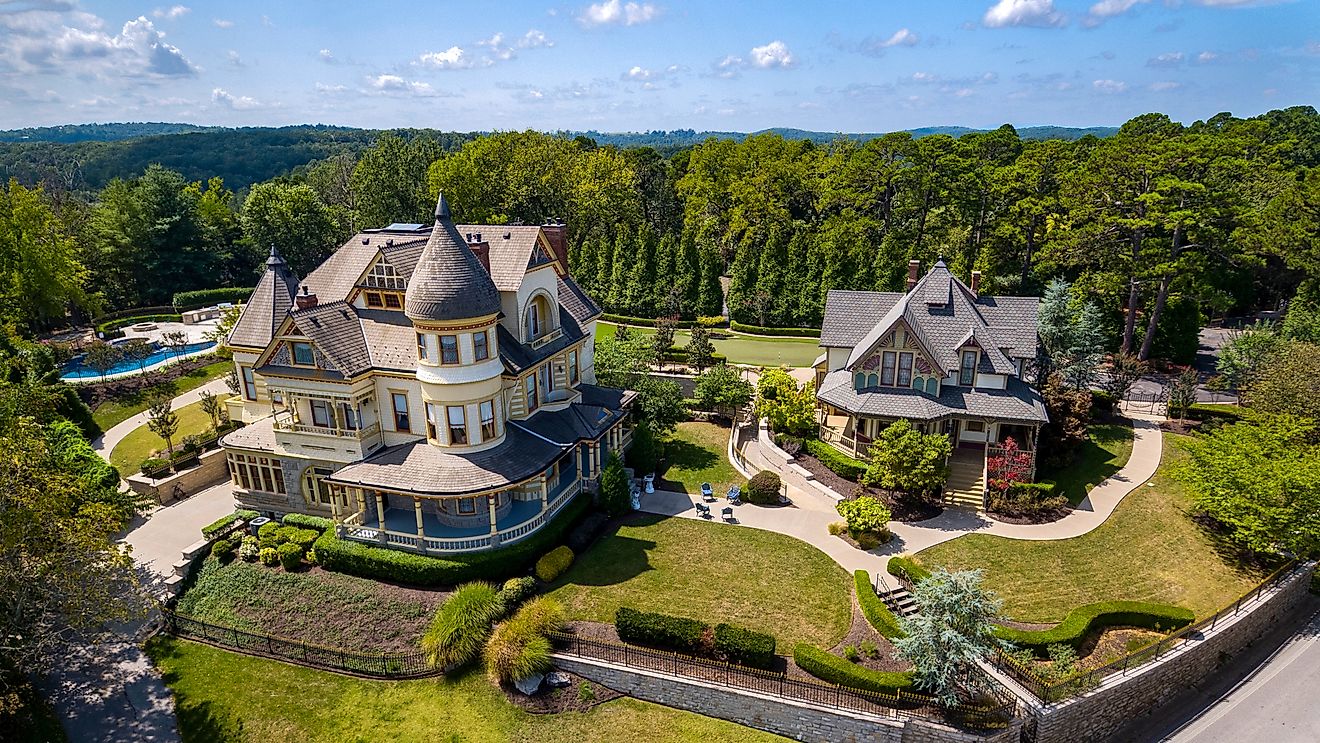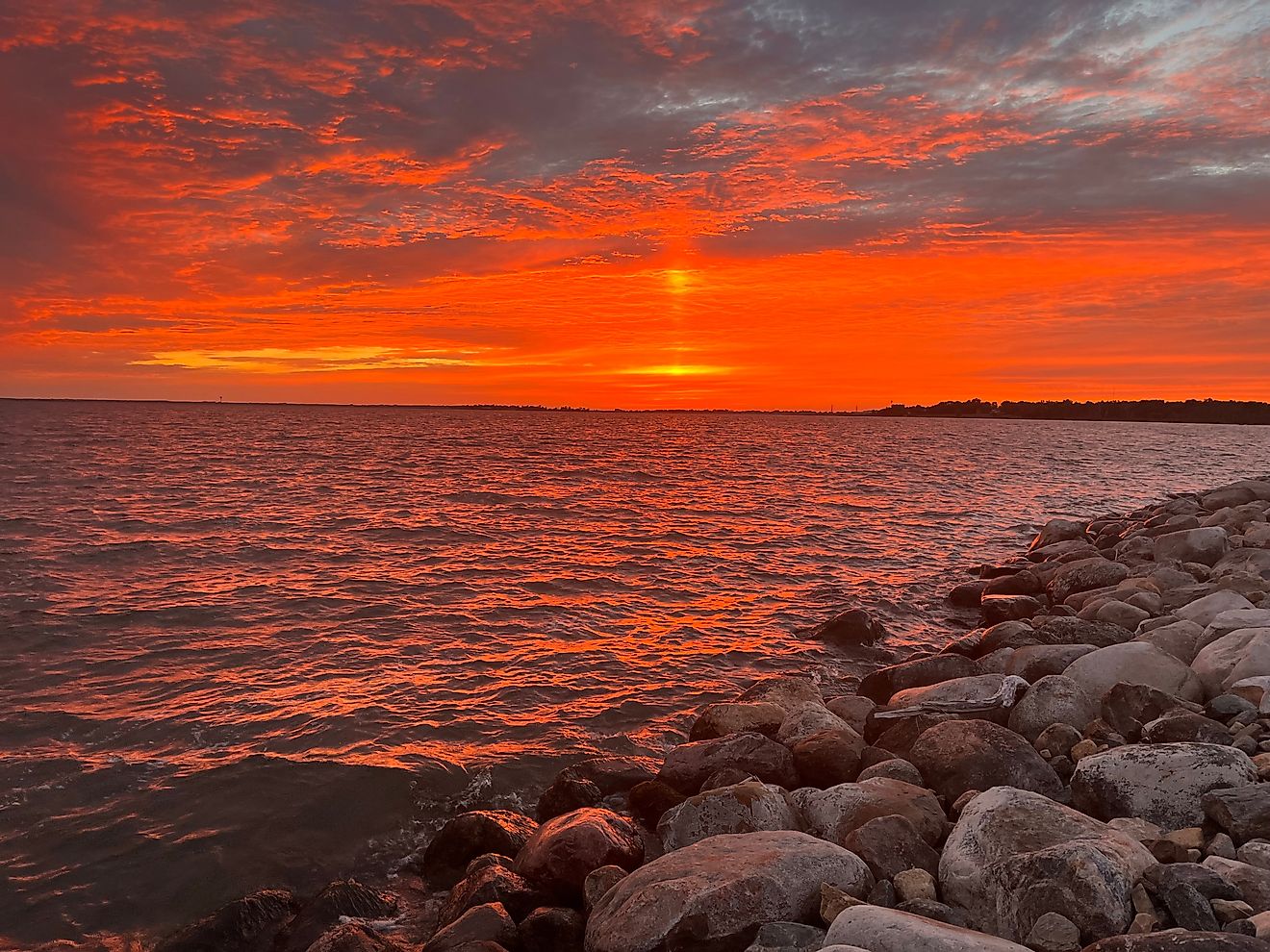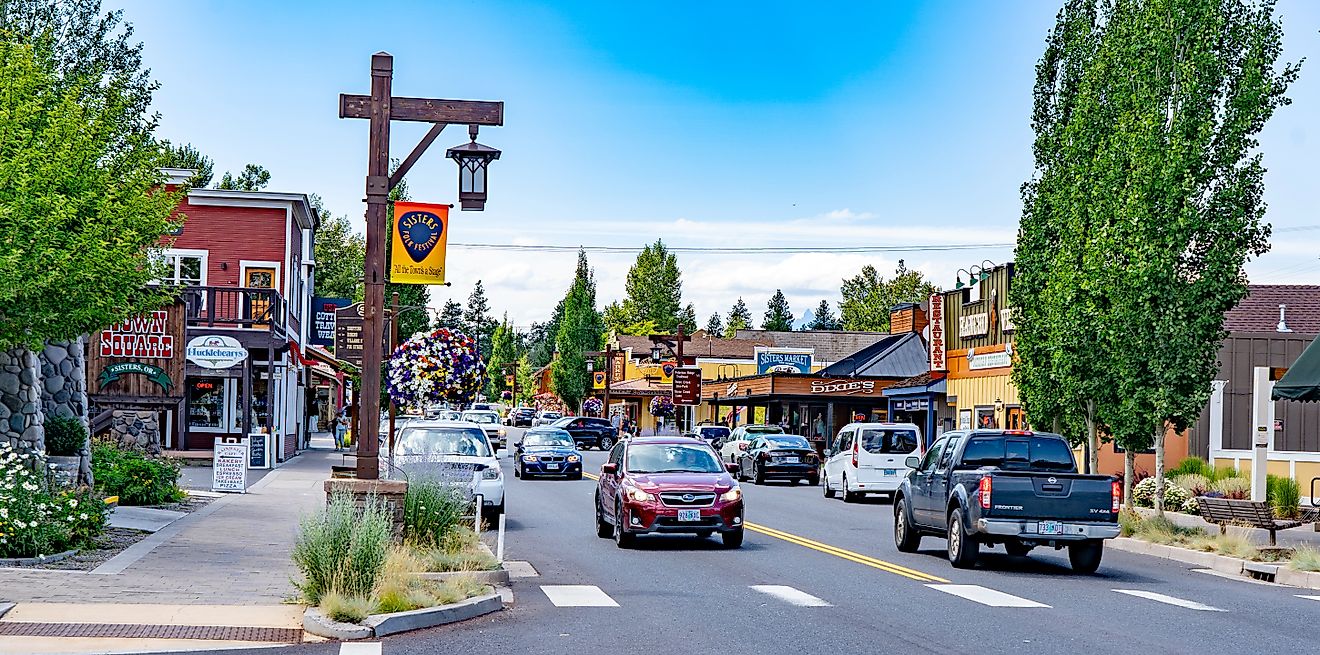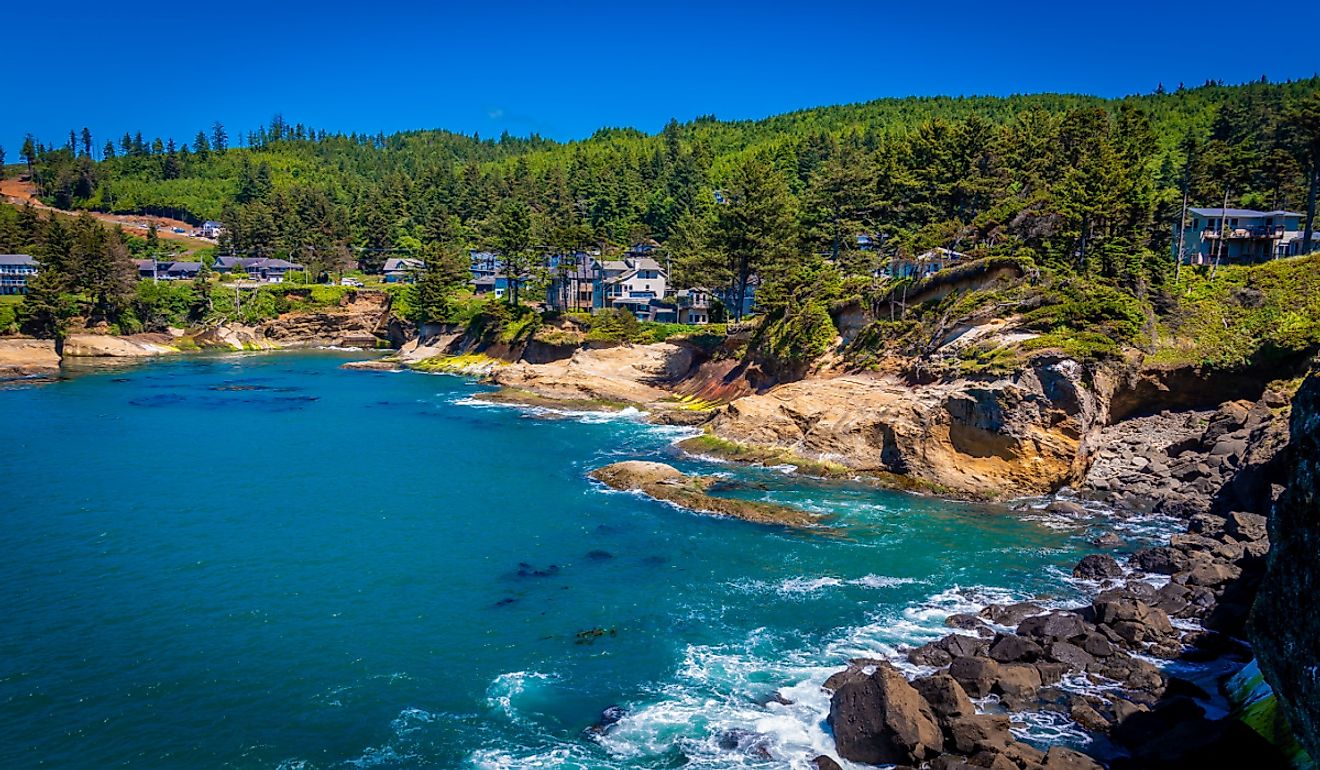
Bristol, Virginia
“A good place to live” - This is how the residents of Bristol describe their city. Nestled in the Appalachian Mountains, in the US State of Virginia, the city of Bristol is located in what was part of the territory of the indigenous Cherokee people. The city began to take shape in the mid-19th century. It shares its name with another city located across the state line in neighboring Tennessee. There are several notable attractions in and around Bristol. The city is best known for its place in music history, as the birthplace of country music. For motorsports fans, Bristol is known as the home of what has been nicknamed the “world’s fastest half-mile.” The city is also a gateway to outdoor attractions like Holston River, South Holston Lake, and Sugar Hollow Park.
Geography Of Bristol
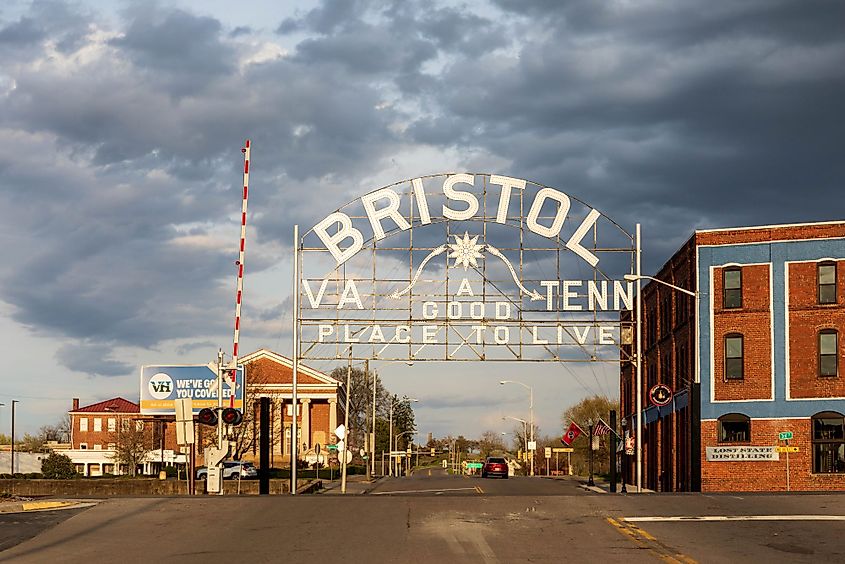
Bristol is located in the southwestern corner of Virginia, on the border with Tennessee. It is bordered to the west, north, and east by Washington County, Virginia, and to the south by a city of the same name in Sullivan County, Tennessee. Little Creek and Beaver Creek flow south through the city; Little Creek flows into Beaver Creek two blocks south of the state line in Tennessee. Beaver Creek is a tributary of the South Fork Holston River. The total area of Bristol is 34.1 sq. km.
The Population Of Bristol
Bristol has a total population of 16,993. About 90.5% of the city’s population is classified as white, of which 88.2% are non-Hispanic, and 2.31% are Hispanic. African Americans make up the second-biggest racialized population group in Bristol at 5.7%, while people of mixed racial backgrounds make up 3.18% of the city’s residents. More than 97% of residents in Bristol speak only English, while 0.6% speak Spanish and 1.7% speak other Indo-European languages. Close to 99% of Bristol’s residents were born in the United States, while 45.62% were born in the city itself.
Economy Of Bristol
The average household income in Bristol is $53,193, the poverty rate is a high 22.26%, and the unemployment rate is 6.1%. In terms of the number of employees, the largest industries in the city are healthcare & social assistance, accommodation & food services, and manufacturing. Bristol's significant employers include Strongwell, Dominion Carton, Aerus LLC, and Shearer’s. The former two have their headquarters in the city.
Brief History Of Bristol

What is now Bristol was inhabited by Native Americans of the Cherokee Nation, who called the area Big Camp Meet, in reference to a legend about the area being a feasting ground for deer and buffalo. In 1765, Evan Shelby arrived at Big Camp Meet and moved his family there a year later. He renamed the site Sapling Grove, and in 1774, erected a fort on a hill overlooking what is now downtown Bristol. By the mid-19th century, Bristol was part of a large plantation owned by Reverend James King. Upon hearing that two railroads were soon to intersect on the plantation, King’s son-in-law, Joseph R. Anderson, believed that the site would be an ideal place for a new city. Thus, Anderson contracted for 100 acres of King’s plantation, with 48 of those acres in Tennessee and 52 acres in Virginia. On July 16, 1852, Anderson decided to call the new city Bristol. The first building to be constructed in the city was Anderson’s residence and business house, which he moved into in the fall of 1853. In 1856, Bristol merged with another new town to its north, Goodsonville, to become the town of Goodson. In 1890, however, the unified town’s name was changed to Bristol. At that point, the town had a population of 2,902. By 1930, Bristol’s population had more than tripled to 8,840. In 2010, the city of Bristol’s population had peaked at 17,766, though it declined from that point, falling below 17,000 in 2017.
Attractions In And Around Bristol
Birthplace of Country Music Museum

No visit to Bristol is complete without visiting the Birthplace of Country Music Museum, a Smithsonian-affiliated museum that tells the story of the 1927 Bristol Sessions, a series of recording sessions that gave birth to the musical genre currently known as country music. First opened in 2014, this museum uses text and artifacts, multiple theater experiences, and interactive displays – along with a variety of educational programs, music performances, and community events – to tell the exciting story of the Bristol Sessions and their far-reaching influence. The museum also explores how evolving technology shaped the success of the Bristol Sessions and highlights how this rich musical heritage lives on in today’s music. Late country music legend Johnny Cash once called the Bristol Sessions “The most historical event in country music history.” It is no wonder, then, that in 1998, the US Congress officially declared Bristol to be “The Birthplace of Country Music.” One event associated with the Birthplace of Country Music Museum is the Bristol Rhythm and Roots music festival. This festival began in 2001 and has been held in downtown Bristol on an annual basis ever since. The festival, which takes place in September and lasts for three days, features more than 150 artists and typically draws crowds of 50,000 or more.
Outdoor Attractions
Bristol is home to world-class fly fishing waters, mountain bike trails, and hiking year-round. South Holston Lake, which straddles the Virginia-Tennessee border and is located to the east of Bristol, is one of the most visited lakes in the region and is perfect for swimming, boating, fishing, or waterskiing. The bass fishing on the lake is top-notch, and the Holston River is considered one of the top fly fishing waters in the country. In Bristol’s northeast, Sugar Hollow Park is a multi-purpose sports complex with plenty of trails and picnic shelters. Two golf courses, The Olde Farm and the Virginians Golf Club are also located in the outskirts of Bristol.
Other Attractions

Other notable attractions in Bristol and its vicinity include the Paramount Center for the Arts and the Bristol Motor Speedway, which has been nicknamed the Last Great Colosseum due to its Roman-like architecture. This venue, which is the 4th largest sporting venue in the entire United States, serves primarily as a NASCAR short-track and contains a quarter-mile drag strip nicknamed Thunder Valley.
